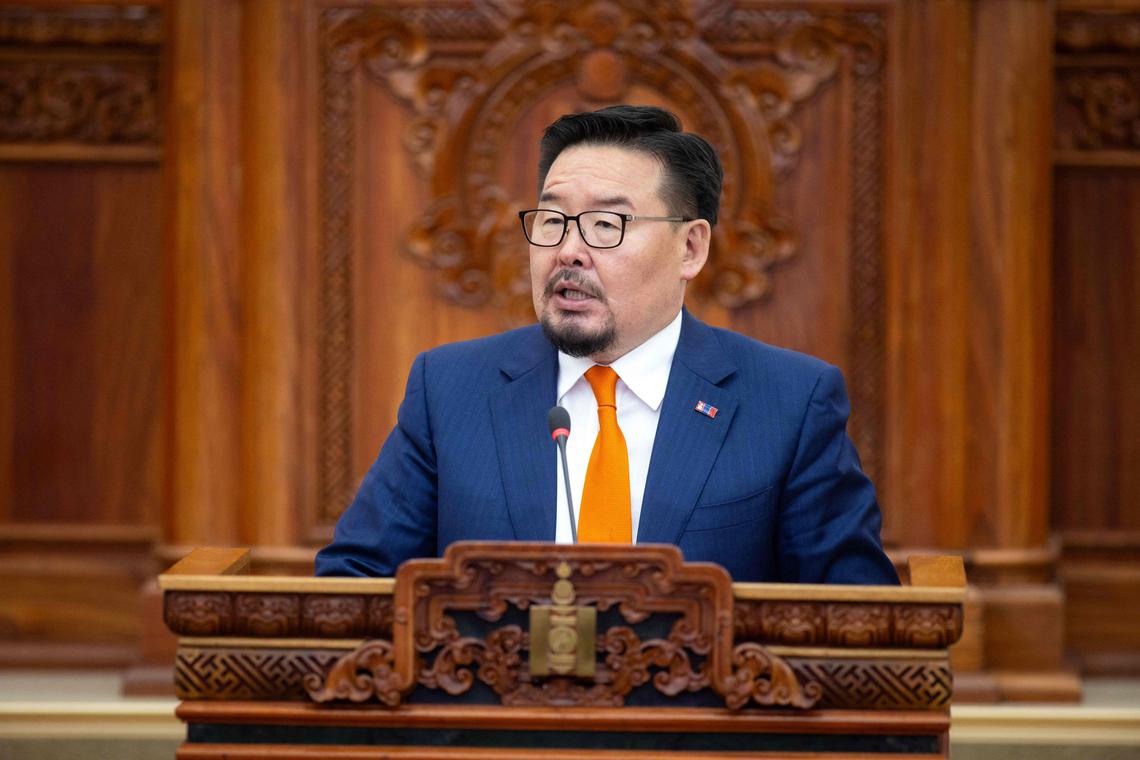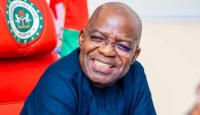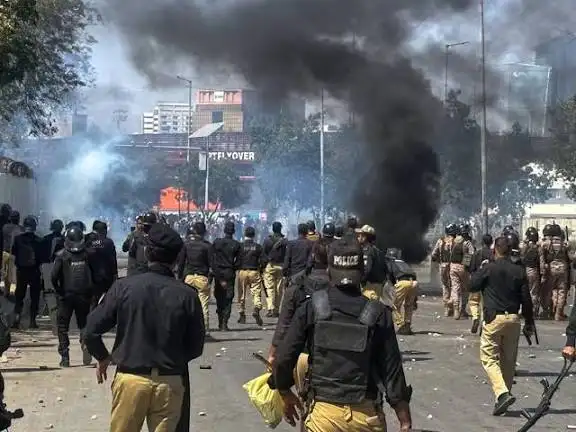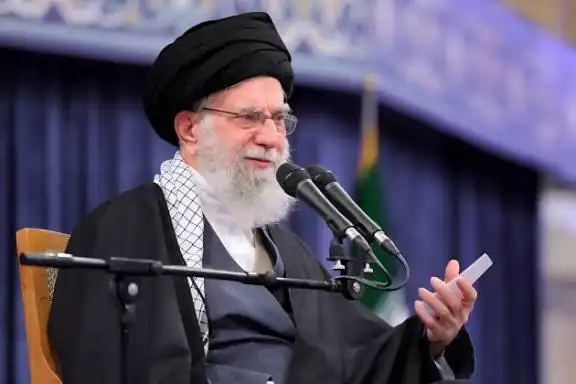Mongolia witnessed a significant political shift as Gombojav Zandanshatar was appointed Prime Minister, succeeding Oyun-Erdene Luvsannamsrai. This change followed weeks of widespread protests in Ulaanbaatar, where thousands of young demonstrators expressed their dissatisfaction with the government’s handling of economic issues and allegations of corruption.
The catalyst for the protests was the revelation of lavish spending by Prime Minister Oyun-Erdene’s son, which intensified public concerns over corruption and the concentration of wealth among Mongolia’s political elite. Many citizens felt that the nation’s mineral resources had disproportionately benefited politicians and their associates, leaving the general population to grapple with high poverty rates.
In response to the mounting public pressure, Oyun-Erdene resigned after losing a vote of confidence in parliament. Zandanshatar, a former parliament speaker and experienced banker, was subsequently elected as the new Prime Minister. He pledged to address the economic challenges facing the country, including high inflation, a looming budget deficit, and potential power shortages.
To stabilize the economy, Zandanshatar announced plans to revise the national budget by cutting $640 million and proposed tax reforms aimed at easing the burden on the middle class while increasing taxes on luxury goods and high-income earners. He emphasized the need for inclusive economic growth that would benefit all Mongolians.
Despite his extensive political experience, including serving as a visiting scholar at Stanford University and as head of the president’s office, Zandanshatar faces skepticism from some segments of the population. Critics question whether his long tenure in government positions will translate into meaningful reforms.
The appointment of Zandanshatar marks a pivotal moment in Mongolia’s young democracy, as the new leadership seeks to navigate the complex challenges of economic reform and public discontent. The effectiveness of these measures will be closely monitored by both domestic and international observers.












I dont know about this new cabinet, but I hope they can handle the economic reforms and protests like pros!
Is this new cabinet the real deal or just a temporary fix? Lets see if they walk the talk!
Wow, the new cabinet appointments in Mongolia are causing quite the stir! Do you think these economic reforms will actually benefit the people?
I think the new cabinet appointments in Mongolia are a step in the right direction. Lets see how they handle the economic reforms and protests!
Is this new cabinet really what Mongolia needs right now? Will it bring change or more of the same?
Is this new cabinet really going to bring change or is it just more of the same? Time will tell 🤔
I think the new cabinet appointments in Mongolia are a step in the right direction. Lets see how they handle the economic reforms and protests.
Do you think the new cabinet will actually address the economic issues in Mongolia, or is it just a temporary band-aid? Lets discuss!
Wow, this new cabinet shuffle in Mongolia is really stirring things up! Do you think the economic reforms will actually help or hurt the country?